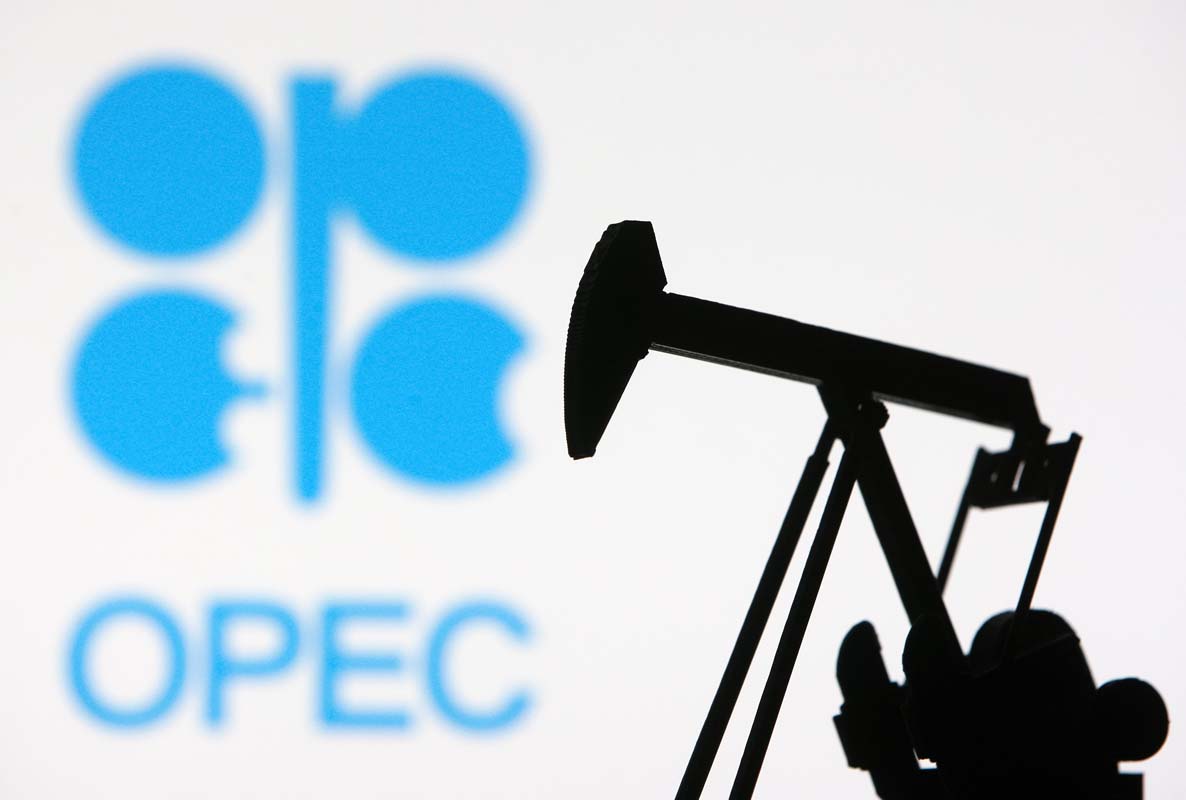
403
Sorry!!
Error! We're sorry, but the page you were looking for doesn't exist.
OPEC Secretary-General explains Saudi Arabia's output capacity decision amid global oil demand tensions
(MENAFN) Haitham Al-Ghais, the Secretary-General of the Organization of the Petroleum Exporting Countries (OPEC), addressed concerns regarding Saudi Arabia's recent decision to postpone its plans for increasing production capacity, emphasizing that it should not be interpreted as a signal of declining crude demand. Speaking at the World Government Summit in Dubai, Al-Ghais underscored that while he couldn't comment directly on Saudi decisions, it's crucial not to misconstrue this move as indicative of weakening demand for oil.
The Saudi government's directive, issued on January 30th, instructed the state-owned oil company Aramco to target a maximum sustainable production capacity of 12 million barrels per day. This decision represents a significant departure from the previously announced goal in 2020, which aimed to reach 13 million barrels per day capacity by 2027. This shift, according to Reuters sources, had been in the works for at least six months, reflecting a comprehensive assessment by Saudi authorities that concluded there was limited tangible benefit from expanding the Kingdom's surplus capacity.
Saudi Arabia, renowned as the world's largest oil exporter, holds considerable sway in global energy markets. The decision to adjust production plans underscores the intricate balancing act faced by oil-producing nations amidst evolving demand dynamics and geopolitical factors.
Al-Ghais' remarks come amidst heightened scrutiny over global oil demand projections. OPEC itself had revised its forecasts for long-term oil demand upwards in its annual assessments released in October, reflecting a cautiously optimistic outlook for the industry's prospects. However, the recent decision by Saudi Arabia to revise its production strategy highlights the complex interplay between supply, demand, and market realities that shape the global oil landscape.
As OPEC continues to navigate these challenges, the organization remains focused on fostering stability and sustainability within the oil market. Al-Ghais' comments serve as a reminder of the nuanced considerations driving decisions within the oil-producing community and the ongoing efforts to ensure a balanced and resilient energy ecosystem amidst evolving global dynamics.
The Saudi government's directive, issued on January 30th, instructed the state-owned oil company Aramco to target a maximum sustainable production capacity of 12 million barrels per day. This decision represents a significant departure from the previously announced goal in 2020, which aimed to reach 13 million barrels per day capacity by 2027. This shift, according to Reuters sources, had been in the works for at least six months, reflecting a comprehensive assessment by Saudi authorities that concluded there was limited tangible benefit from expanding the Kingdom's surplus capacity.
Saudi Arabia, renowned as the world's largest oil exporter, holds considerable sway in global energy markets. The decision to adjust production plans underscores the intricate balancing act faced by oil-producing nations amidst evolving demand dynamics and geopolitical factors.
Al-Ghais' remarks come amidst heightened scrutiny over global oil demand projections. OPEC itself had revised its forecasts for long-term oil demand upwards in its annual assessments released in October, reflecting a cautiously optimistic outlook for the industry's prospects. However, the recent decision by Saudi Arabia to revise its production strategy highlights the complex interplay between supply, demand, and market realities that shape the global oil landscape.
As OPEC continues to navigate these challenges, the organization remains focused on fostering stability and sustainability within the oil market. Al-Ghais' comments serve as a reminder of the nuanced considerations driving decisions within the oil-producing community and the ongoing efforts to ensure a balanced and resilient energy ecosystem amidst evolving global dynamics.

Legal Disclaimer:
MENAFN provides the
information “as is” without warranty of any kind. We do not accept
any responsibility or liability for the accuracy, content, images,
videos, licenses, completeness, legality, or reliability of the information
contained in this article. If you have any complaints or copyright
issues related to this article, kindly contact the provider above.


















Comments
No comment